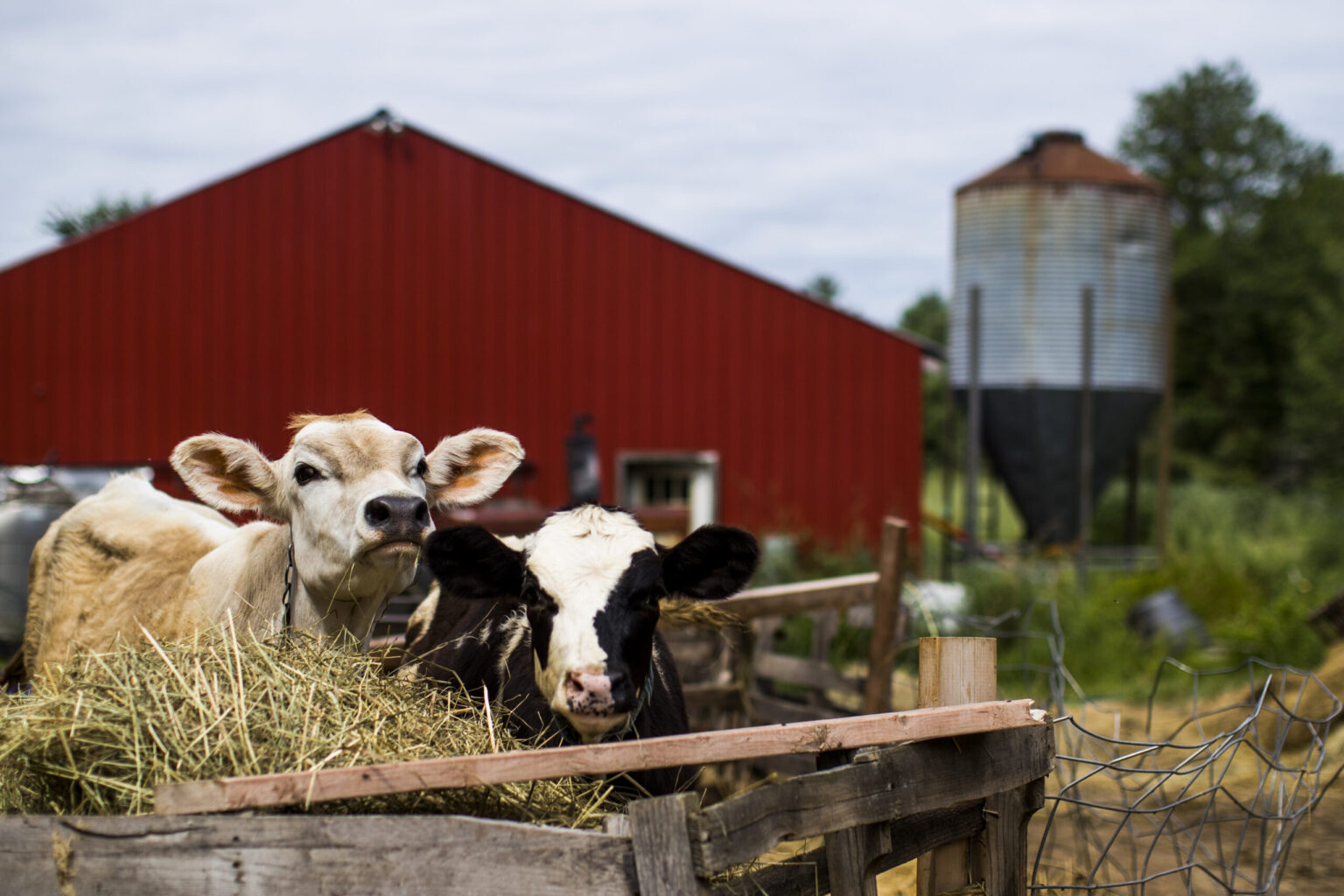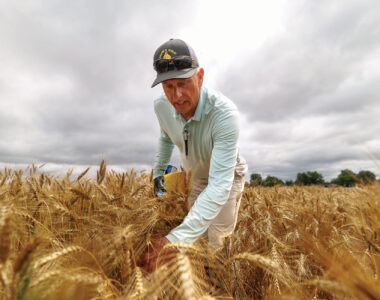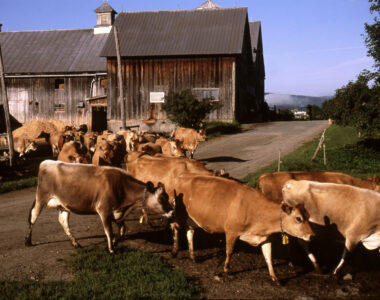
Recent federal budget decisions have led to the abrupt cancellation of the Local Food Purchase Assistance (LFPA) Cooperative Agreement Program — a move that’s sending shockwaves through Pennsylvania’s farming community and food assistance networks. These federal cuts to local food programs are more than a budget line change; they’re a disruption to a system that connected farmers directly to families in need.
Impact on Pennsylvania Farmers
The LFPA program, created in 2021, allowed food banks to buy fresh produce directly from local farms. In Pennsylvania, nearly 190 farms participated. It provided a stable, predictable market, especially valuable for small and mid-sized growers.
With its cancellation, these farmers have suddenly lost a key revenue stream. Many had planned their planting and harvesting around the program’s contracts. Now, they face real financial uncertainty and tough decisions about the future of their farms.
The broader agricultural economy feels this too, because when small farms lose stability, entire rural communities are affected.
Consequences for Food-Insecure Communities
The other side of the equation? The families who depend on food assistance.
The Greater Pittsburgh Community Food Bank expects to lose access to roughly 6.3 million pounds of food each year due to the LFPA cuts. That’s a 13% drop in distribution capacity and a big hit to low-income residents, seniors, and others already struggling to afford nutritious food.
This is the human cost of federal cuts to local food programs: more hunger, fewer options, and greater strain on already stretched food banks.
Broader Implications
This sudden cancellation shows just how fragile local food systems can be when tied too tightly to federal funding. It also raises bigger questions: Why are large-scale ag subsidies protected while programs that support both small farms and food-insecure families are first on the chopping block?
Without stronger, more diversified support systems, local agriculture remains vulnerable, especially during shifts in policy and political priorities.
Moving Forward
In the wake of these federal cuts to local food programs, Pennsylvania leaders, including Governor Josh Shapiro, are speaking out and looking for ways to restore support. But farmers and communities can’t wait for Washington to act.
Consumers can step up now by supporting local farms through direct purchases, farmers markets, and CSA programs. Platforms like Farm Trader make this even easier, bringing small farms together in one searchable, shoppable place. You can find everything from pasture-raised meats to fresh produce and microgreens, all from growers in your region.
For farmers navigating uncertainty, Farm Trader offers another sales channel. One that doesn’t rely on federal contracts or food bank budgets. It helps farms connect directly with buyers who care about where their food comes from and who grew it.
The Bigger Picture
These federal cuts to local food programs are a reminder of how connected our food system really is. Farmers, food banks, and families rely on one another, and when one piece is pulled, the others feel it.
Building a stronger, more resilient food system starts with all of us: buying local, supporting small farms, and speaking up for the programs that keep communities fed!



